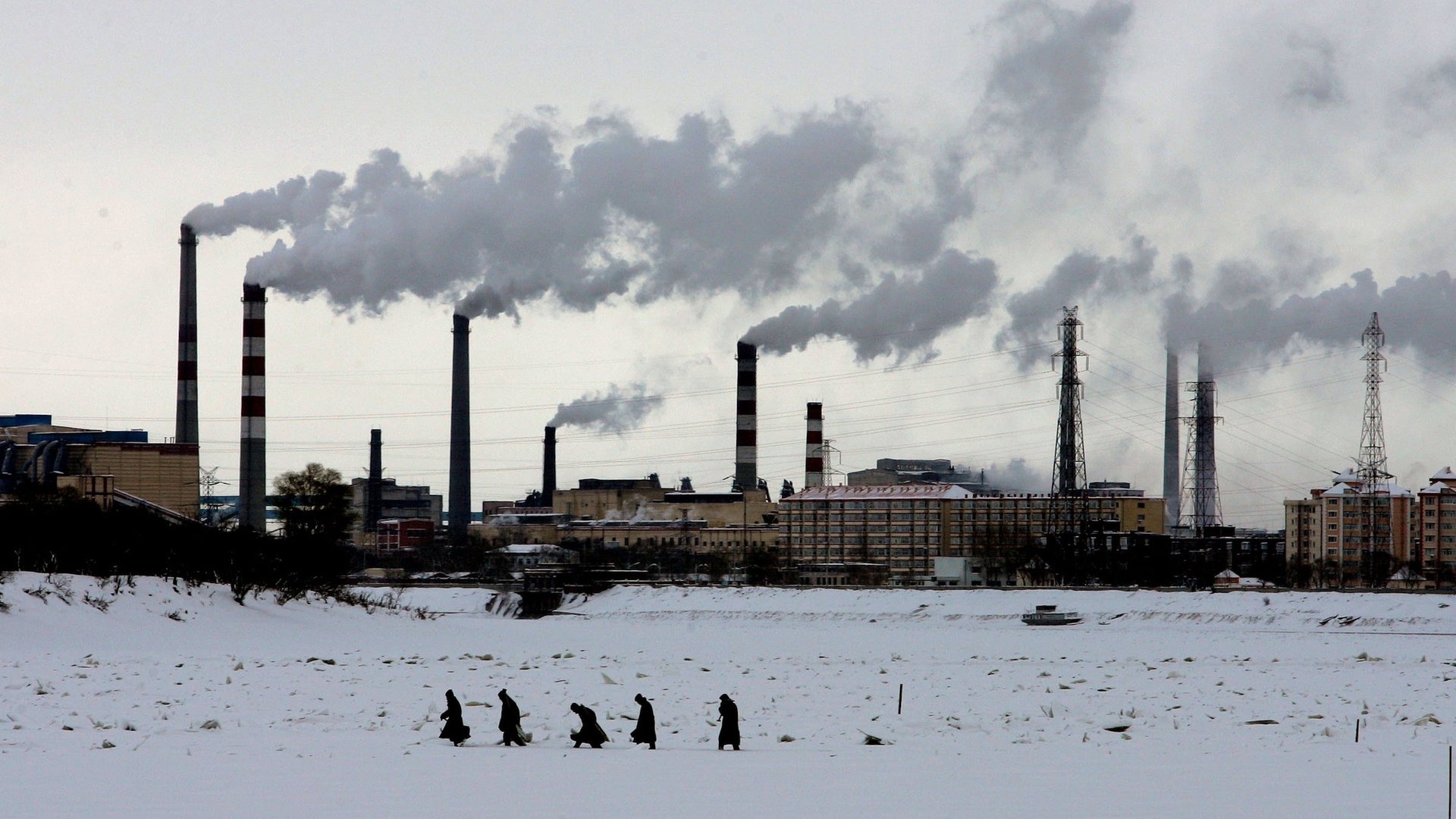Oil companies have the most to gain or lose from climate change—so why aren’t they preparing for it?
Second in an occasional series on the business impact of extreme weather. Read part one here.


Second in an occasional series on the business impact of extreme weather. Read part one here.
When the world came down around New York last month, Mayor Michael Bloomberg famously said that climate change might not be the root cause of the devastation, but that he wasn’t prepared to risk waiting for further evidence. So it stands to reason that oil companies, who are exposed in all sorts of ways to the effects (both positive and negative) of extreme weather, and run their investments in three- and four-decade cycles, would by now be planning for more frequent natural calamities, right?
Apparently not. Such plans are not cited in long-term outlooks published by BP, ExxonMobil and Shell. Oswald Clint at Bernstein Research told me that he doesn’t see much in the way of action. A number of super-majors are rushing into the Arctic, where the retreating ice cap is making some new oil and gas fields more accessible—but that’s a no-brainer. BG Group’s liquefied natural gas fleet is prepared to move into hydro-electric power stations in countries such as Brazil and Spain, Clint says, since when water levels drop, these plants turn to natural gas as a backup. And UK-based Aggreko, a provider of diesel generators, moves when hurricanes or earthquakes strike around the world.
But there’s not much else going on. BP, Chevron and Shell all say they assume a price will one day be imposed on carbon, and incorporate it into their investment strategy. But BP’s Robert Wine told me that, “in terms of investment in a future of harsh climate, [BP is doing nothing] specifically at this point, other than things like weather modeling for design and operations of offshore installations (eg frequency and size of ‘100 year’ waves).”
Why such inactivity? Maybe it’s unseemly to be seen planning how to profit from such misfortune. But above all it seems to be simply too hard to figure out how to hedge. This is why insurers have mainly not yet incorporated climate change into their premiums. Chevron’s Arthur Lee told me that much adaptation planning is under way by governments and companies, but that little has been actually carried out. Part of the reason may be “the current state of information on change,” he told me in an email.
Oil firms are not the only well-staffed and well-funded entities to be ill-prepared for planetary disorder. On Nov. 15, the Paris-based OECD, the international economic body, released the longest-range forecast of all the major organizations and companies—a report looking at the global economy in 2060. While the document tracks US and Chinese GDP growth all the way through the almost five-decade period, the word “climate” doesn’t even appear (let alone “global warming”).
I asked whether extreme weather was incorporated in any way into the OECD forecast. It was not, said Asa Johansson, the OECD’s lead economist. “In drawing up long-run scenarios, it is extremely difficult to explicitly account for possible bottlenecks to growth in quantitative terms,” Johansson said. “In that respect, we do not specifically account for … the costs of adapting to climate change, and other threshold effects leading to substantial GDP losses due to unsustainable use of natural resources.”
The Central Intelligence Agency, the International Energy Agency and the World Bank have all released recent reports forecasting grim consequences from climate change. One cannot state flatly that they will come to pass; it depends on just how much the global temperature rises, though even at the low end of the range of estimates, there will be effects.
Perhaps it’s just all so far in the future that is isn’t worth it for current oil company strategists—and too hard for macro-economic modelers—to plot out a plan. Projections are slippery things. Yet their absence also means that the macro-economic models and grand strategies on which future planning and investment are based may turn out to be worthless.